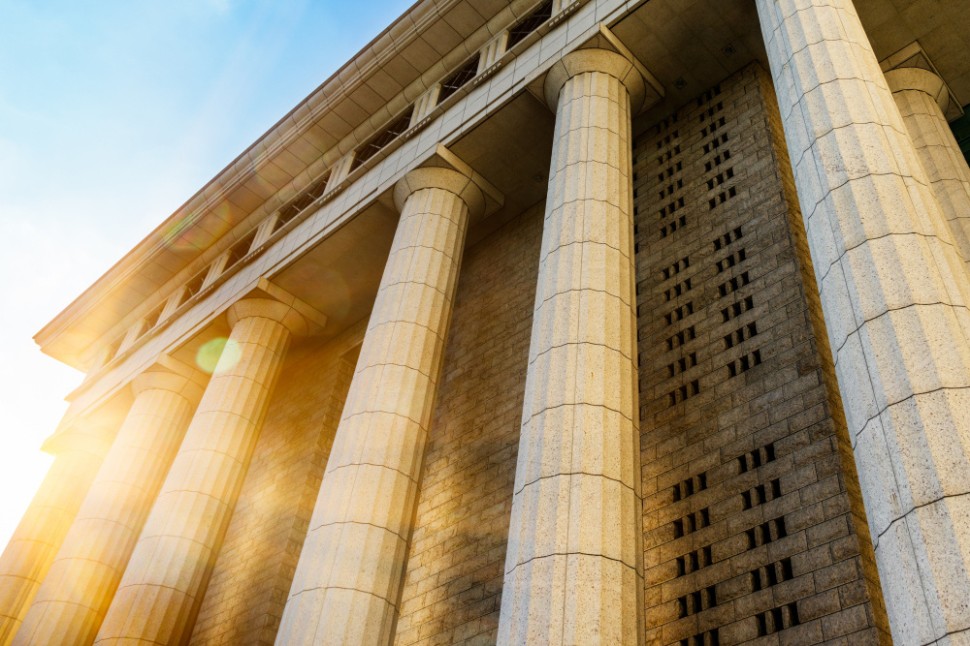
In a notable turn of events on Monday, the Supreme Court decided not to entertain a case questioning if state and local governments can enforce laws that ban conversion therapy targeted at LGBTQ+ children. Despite the dissent of three conservative justices, the court bypassed an appeal emerging from Washington, where the law had been upheld. Meanwhile, an appellate court brushed off local bans in Florida, labeling them as unconstitutional restrictions on counselors' speech.
Selective Silence Among the Justices
Typically, it's within the high court's purview to intervene when appellate courts lock horns over interpretations. Justices Samuel Alito and Clarence Thomas, in separate views, contended that the standard for the court to step in was amply met in the controversy surrounding conversion therapy bans.
Thomas, expressing his dissenting opinion, argued that his colleagues should have addressed the Washington case. According to him, "licensed counselors cannot voice anything other than the state-approved opinion on minors with gender dysphoria without facing punishment." Justice Brett Kavanaugh also sided with hearing the case, although it takes an agreement of at least four out of the nine justices to consider a case for argument.
The Growing Wave to Limit LGBTQ+ Rights
The court's decision to sidestep the case from Washington is even more significant against the backdrop of increasing efforts to limit the rights of LGBTQ+ kids across the nation. Roughly half of the states have laws on the books that prohibit practices aimed at changing someone's sexual orientation or gender identity through counseling.
In 2018, a family counselor from Washington, Brian Tingley, sued over a state law that threatened therapists with the loss of their professional license if they engaged in conversion therapy. Tingley argues that the law infringes upon his right to free speech. However, the 9th U.S. Circuit Court of Appeals upheld the law in a divided decision.
Supreme Court's Past Dance with State Bans
The Supreme Court, in the past, has turned away several challenges to state bans. However, those cases came before it prior to the pivotal 5-4 ruling in 2018. In this judgment, the justices pronounced that California could not force state-licensed anti-abortion crisis pregnancy centers to provide information about abortion. Post the 2018 ruling, the 11th U.S. Circuit Court of Appeals housed in Atlanta has effectively nullified the local Florida bans.
In Search of Legal Guidance on LGBTQ+ Rights?
This complex and evolving landscape has undoubtedly created a challenging environment for those affected by these laws - making it even more critical to seek experienced legal help.
Facing legal challenges or seeking answers related to LGBTQ+ rights? Look no further, as our team of experienced attorneys is here to guide you throughout the process. From offering legal advice to assisting in lawsuits and providing courtroom representation, we are ready to support you. Reach out for a complimentary consultation today and secure the legal assistance you deserve.




